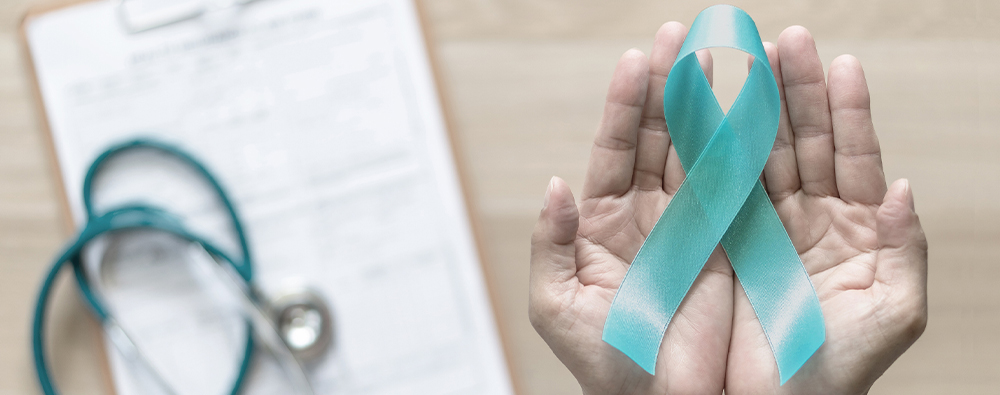Originally published September 2020. Updated September 2022.
According to The Office on Women’s Health, 1 in 10 women of reproductive age struggle with polycystic ovary syndrome (PCOS).
What is PCOS?
PCOS happens when your reproductive hormones (estrogen and progesterone in women) become imbalanced. In a normal menstrual cycle, your ovaries release an egg once a month. Women with PCOS may have infrequent or prolonged menstrual periods or excess male hormone (androgen) levels. The ovaries may develop numerous small collections of fluid (follicles) and fail to regularly release eggs.
This common endocrine condition causes a hormone imbalance in your ovaries, affecting your metabolism, fertility, hair, skin, sexual health, and even your oral health.
Ready to take care of your smile AND yourself? Sign up for MySmile® to check your benefits!
Activate Your Account
How can PCOS affect my oral health?
Studies show that women with PCOS have increased levels of pro-inflammatory cytokines, groups of proteins that help regulate immunity and inflammation1. This chronic inflammation can lead to several oral health problems in women with PCOS, particularly if you already have gingivitis.
Gingivitis, an infection of the gums, is both treatable and reversible. But if you struggle with PCOS, you might find it difficult to treat gingivitis due to your body’s inflammatory response.
Chronic gum inflammation can lead to gum sensitivity, bleeding gums, halitosis (bad breath), receding gums, loss of bone around your teeth and eventually tooth loss.
How can the health of my mouth be a sign of PCOS?
A few common signs of PCOS in some women is inflammation, redness, bleeding, and sensitivity of the gums. If you practice consistent oral hygiene and visit the dentist regularly, but you’re still struggling with receding gums, difficulty chewing, and even loose teeth, PCOS may be the culprit behind your chronic inflammation.
Gum disease, alone, is rarely the only sign of PCOS, but if you’re struggling with irritated gums and you’re also experiencing some of the other symptoms of PCOS, such as an irregular menstrual cycle, abnormal hair growth, and/or unintended weight gain, talk to your doctor about PCOS.
How can I protect my oral health with PCOS?
If you have PCOS, it’s very important to take special care of your teeth and gums.
You can protect your oral health by brushing and flossing at least twice a day, using an antiseptic mouthwash, and staying up to date on your bi-annual dental exams. These routine visits help your dentist identify early warning signs of gum disease, so you can treat the infection before it advances.
Caring for your gum health is an important step in managing the symptoms of PCOS. Not seeking treatment can have a domino effect on your overall health. Without healthy gums, you can’t have healthy teeth!
Ready to take care of your smile AND yourself? Sign up for MySmile® to check your benefits!
Activate Your Account
1Akcalı, A., Bostanci, N., Özçaka, Ö, Öztürk-Ceyhan, B., Gümüş, P., Buduneli, N., & Belibasakis, G. (2014, September 18). Association between polycystic ovary syndrome, oral microbiota and systemic antibody responses. Retrieved September 10, 2020, from https://www.ncbi.nlm.nih.gov/pmc/articles/PMC4169459/








